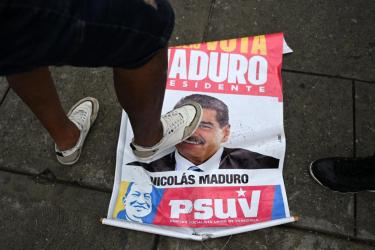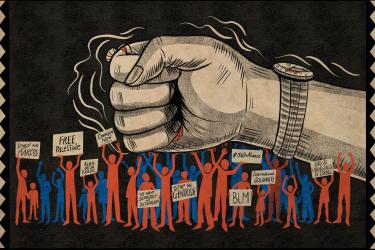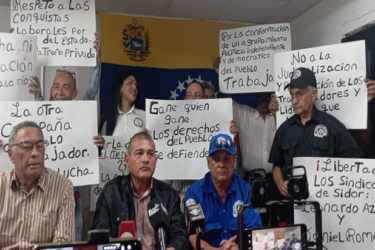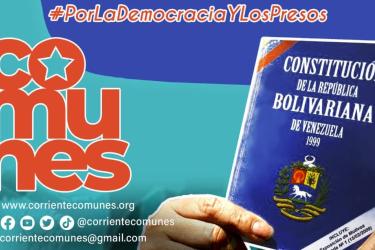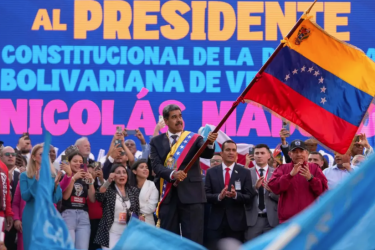latin america
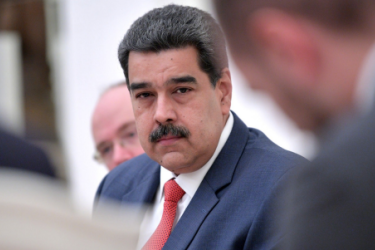
Capitalism and authoritarianism in Maduro’s Venezuela
Gabriel Hetland — Maduro’s authoritarianism has garnered significant attention, but there has been less notice of the transformation in Maduro’s class base.
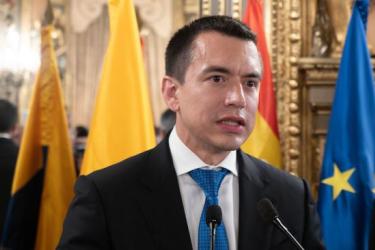
Ecuador enters ‘Trump mode’ with Noboa victory
Ociel Alí López — Authoritarian drift and political blackmail shape the runoff election in Ecuador, where incumbent President Daniel Noboa won Sunday’s vote.
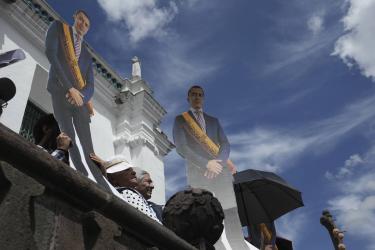
Ecuador: How militarization and fear politics secured the right’s victory
Augusto Barrera Guarderas, Franklin Ramírez Gallegos and Pablo Ospina Peralta give their opinions on Ecuador's elections and what the results portend for the country's political future and the fate of democracy.
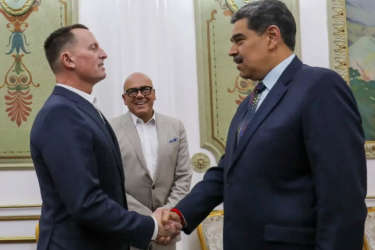
Trump’s policy toward Latin America: Even anti-Communist zealots in Miami don’t like it
Steve Ellner — During his first term, Trump exerted a “maximum pressure” campaign against perceived US adversaries in Latin America. But how committed is Trump to fighting Venezuela, Cuba and Nicaragua? Today, it is anyone’s guess.
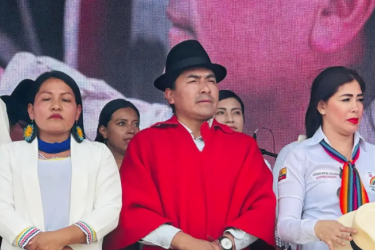
Leónidas Iza (Pachakutik, Ecuador): ‘Our election campaign is an extension of the people’s struggle’
Leónidas Iza analyses the country’s economic and political crisis, the impact of popular mobilisations and the need to articulate a project from the grassroots that combines social struggles and electoral disputes.
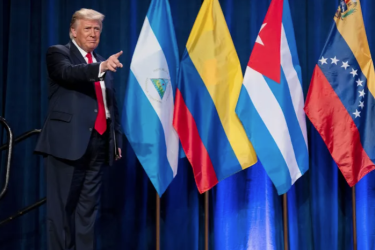
Trump’s war on China in Latin America
Steve Ellner — Trump’s threats against Panama, Canada and Greenland, albeit unachievable, lay the groundwork for a more “rational” strategy of targeting China and singling out real adversaries such as Cuba and Venezuela.
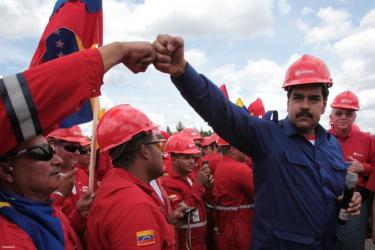
The Venezuelan working class under Maduro (2013-24): Part I — Introduction
Luís Bonilla-Molina — To understand the situation of the Venezuelan working class, it is important to analyse the Maduro government and Madurismo in three phases.
